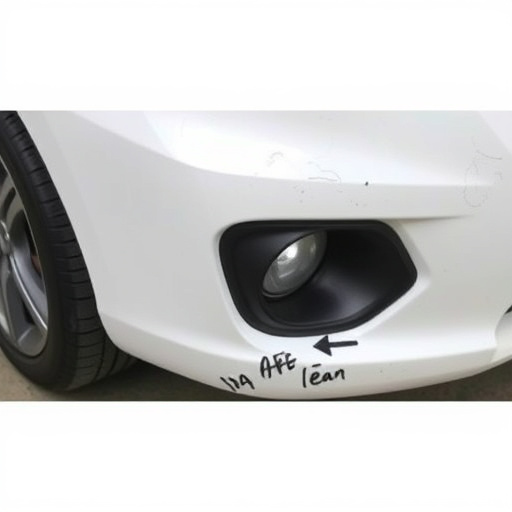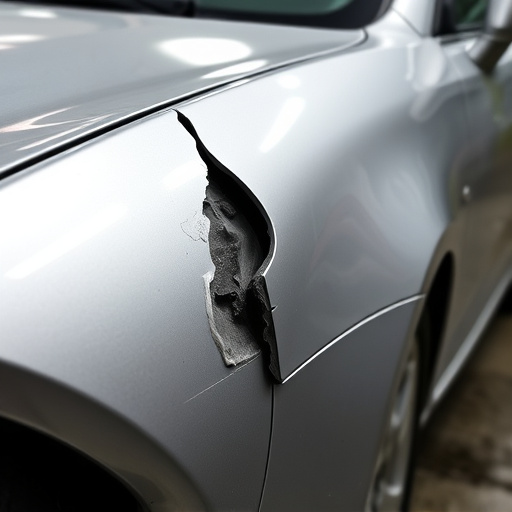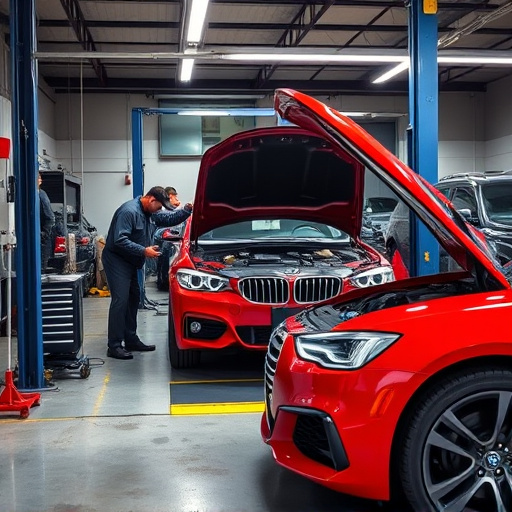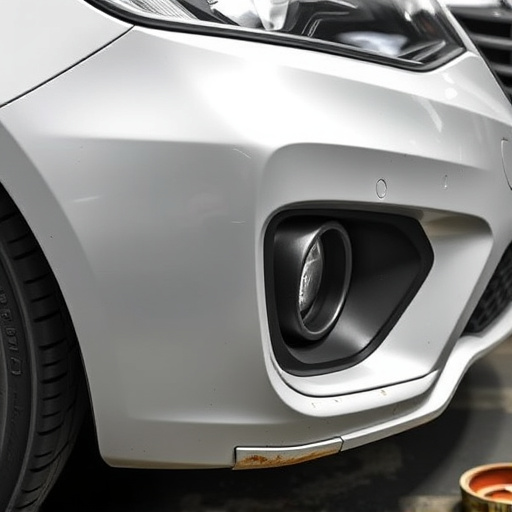The repair approval process is crucial for auto shops, ensuring clear communication and alignment between customers, insurers, and technicians. It starts with detailed assessments and estimates, followed by customer approval. Shops act as key communicators, breaking down complex requirements and providing transparent updates. Effective post-approval communication keeps customers informed, discussing timelines, delays, and extra work estimates, fostering satisfaction and long-term trust.
In the realm of customer service, efficient communication during the repair approval process is pivotal for building trust. This article explores how shops navigate this critical phase, delving into best practices that ensure transparency and timely updates. We’ll discuss the shop’s role in facilitating seamless communication, strategies for engaging customers once repairs are approved, and the overall impact on customer satisfaction. Understanding this process is key to enhancing service delivery in today’s competitive market.
- Understanding the Repair Approval Process
- Shop's Role in Efficient Communication
- Customer Engagement During Repairs Approved
Understanding the Repair Approval Process

The repair approval process is a critical step for any auto repair shop, especially when dealing with complex repairs like vehicle paint work or fender benders. It’s a structured method to ensure that all parties involved – the customer, insurance company, and repair technicians – are aligned on the necessary repairs and their cost. This process begins with an initial assessment by the shop, where they identify the extent of damage and create a detailed estimate for the customer’s approval.
This estimate breaks down each aspect of the repair, including labor, parts, and any additional services required. Once approved, the auto repair shop proceeds with the work, keeping clear communication with the customer throughout. Regular updates ensure transparency, allowing customers to stay informed about their vehicle’s progress and any potential delays or additional costs. Effective communication during this critical phase builds trust and ensures a positive experience for all involved.
Shop's Role in Efficient Communication

Shops play a pivotal role in ensuring efficient communication during the repair approval process. They act as the bridge between customers and insurance providers or direct repair programs (DRPs). Skilled shop teams are adept at interpreting complex requirements, translating them into actionable tasks, and providing clear updates to all stakeholders.
Through proactive communication, shops streamline the entire process from estimate preparation to final repairs. This includes effectively conveying details about automotive restoration, vehicle bodywork, and tire services needed, ensuring accurate assessments and timely approvals. Their role is crucial in minimizing delays, enhancing customer satisfaction, and fostering long-term trust with clients.
Customer Engagement During Repairs Approved

Once a repair has been approved, effective communication with the customer becomes even more critical. Shops should promptly update customers on the progress of their vehicle’s repairs, keeping them informed at every stage. This includes providing clear timelines for when the car will be ready, explaining any potential delays, and offering transparent estimates for additional work if needed.
During this period, shops can also engage in conversations about complementary services, such as car bodywork services or paintless dent repair, to enhance the customer’s overall experience. By actively involving customers in these discussions, auto body shops demonstrate their commitment to satisfaction, fostering a positive relationship that encourages future business and referrals.
Shops play a vital role in streamlining the repair approval process through clear and efficient communication. By understanding this process, engaging customers proactively, and maintaining open lines of dialogue, shops can enhance customer satisfaction during approved repairs. This not only fosters trust but also encourages repeat business and positive reviews, ultimately contributing to a thriving and transparent automotive industry.














